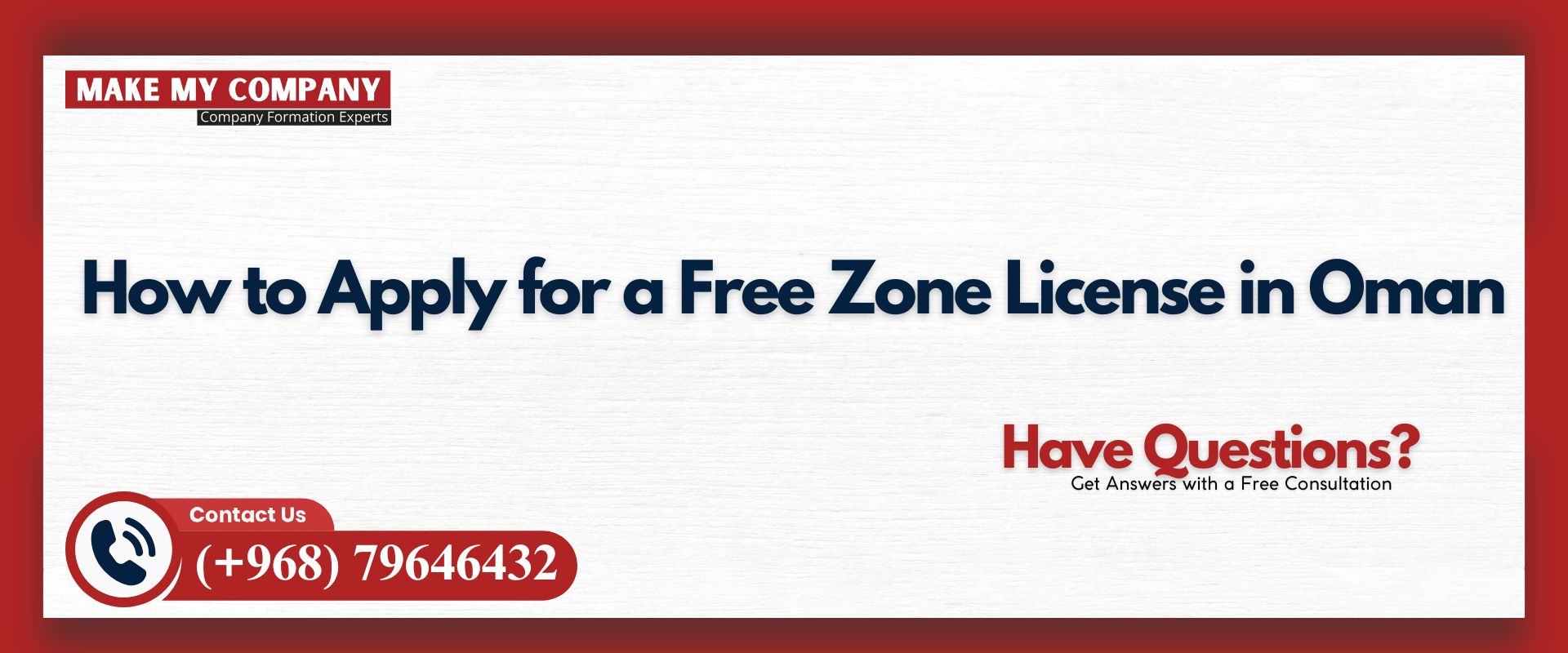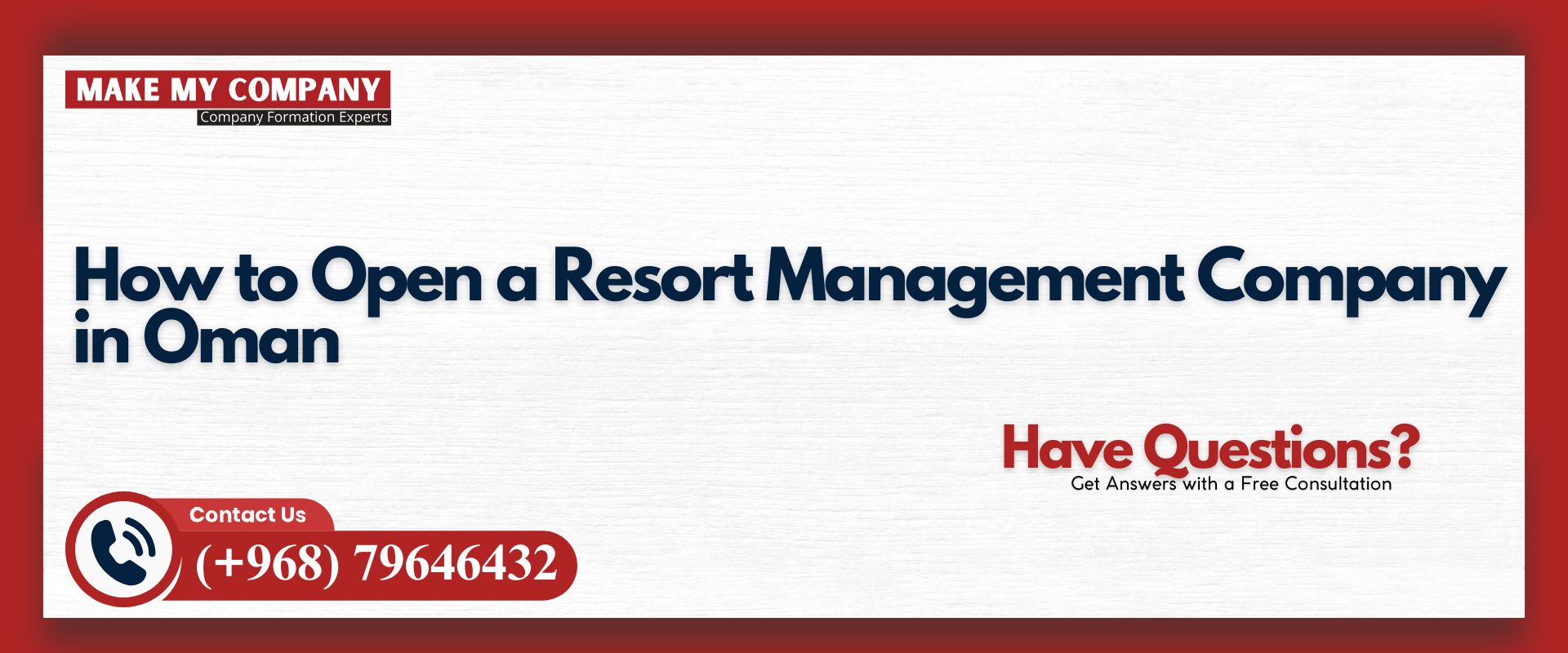Oman is rising fast as a logistics and trade hub in the GCC. With modern airports, growing import/export demand, and strategic proximity to Asia, Africa, and Europe, it’s the right time to start an air cargo agency in Oman. Whether you’re planning to handle freight forwarding, customs clearance, or air cargo brokerage, this guide will walk you through the step-by-step process to launch and run your air cargo business legally and successfully in Oman.
From licensing and approvals to compliance and growth opportunities—this article gives you everything you need to know.
Why Start an Air Cargo Business in Oman?
Oman’s logistics sector is booming thanks to government-backed infrastructure investments and simplified trade procedures. Here’s why the air cargo business in Oman is worth considering:
Strategic Location
Oman’s location near the Indian Ocean provides excellent air connectivity with Europe, Africa, and Southeast Asia. Major airports like Muscat International Airport and Salalah Airport support large-scale air cargo operations.
Economic Diversification
Oman’s Vision 2040 strategy encourages private sector participation, particularly in logistics, aviation, and trade services. This makes it easier to register businesses, attract international clients, and grow without heavy restrictions.
High Trade Volume
With expanding import/export demand across industries like oil & gas, pharma, food, and manufacturing, air cargo remains a high-value logistics segment.
What Does an Air Cargo Agency Do?
An air cargo agency acts as an intermediary between clients and airlines. These agencies manage the transportation of goods by air and ensure all logistical, documentation, and regulatory requirements are handled efficiently.
Key services include:
- Booking cargo space with airlines
- Preparing air waybills (AWB)
- Managing customs clearance
- Coordinating freight pickup and delivery
- Handling special cargo (perishable, dangerous goods, etc.)
- Cargo insurance and tracking solutions
- Acting as a General Sales Agent (GSA) for airlines
Whether you’re offering door-to-door air freight services or B2B cargo logistics, setting up a licensed operation is essential.
Step-by-Step Guide to Start an Air Cargo Agency in Oman
Let’s go through a complete breakdown of how to start your air cargo company in Oman, step by step.
Step 1 – Define Your Business Activity and Model
Start by identifying your services. Are you offering domestic cargo handling? Are you targeting international freight forwarding? Do you want to act as an airline agent?
Define your services clearly to select the correct commercial activity code while applying for a license.
Possible services:
- International air freight forwarding
- GSA (General Sales Agent) representation
- Courier and express air delivery
- Special cargo handling (dangerous goods, live animals, etc.)
Step 2 – Choose the Right Legal Structure
You can register your company as:
- LLC (Limited Liability Company) – Most common and offers flexible ownership
- Sole Proprietorship – Suitable for Omani nationals or GCC citizens
- Branch of Foreign Company – For foreign logistics firms expanding into Oman
For foreign investors, partnering with an Omani local sponsor may be required unless you apply through free zones.
Step 3 – Select a Business Location
The location of your office matters—especially in logistics.
Best options:
- Muscat International Airport Free Zone
- Salalah Free Zone (connected to international seaports and air routes)
- Sohar Free Zone – Offers air-sea connectivity for multimodal logistics
Free zones offer full foreign ownership, tax exemptions, and customs benefits.
Step 4 – Reserve a Trade Name and Submit Initial Approval
You’ll need to reserve a unique trade name through the Ministry of Commerce, Industry and Investment Promotion (MOCIIP). Once approved, submit your initial business license application with the proposed activity and documents.
Documents needed:
- Passport copies of shareholders
- Shareholding structure
- Proposed office location
- Memorandum of Association (MoA)
- Company business plan
- NOC (if required)
Step 5 – Secure Office Space and Logistics Infrastructure
You’ll need a physical office, possibly a warehouse, and if needed, parking for your cargo vehicles. For air cargo operations, proximity to airports is ideal.
Lease agreements are required to finalize licensing. Free zones usually provide tailored infrastructure packages for logistics companies.
Step 6 – Apply for the Air Cargo License and Aviation Approvals
To legally operate in the air cargo sector, your company must obtain a cargo agency license from MOCIIP and register with:
- Civil Aviation Authority of Oman
- Royal Oman Police (Customs Department)
- Oman Airports Management Company (if operating from an airport zone)
You may also need to pass regulatory inspections for cargo safety and security compliance.
Step 7 – Open a Corporate Bank Account
Once your license is approved, open a corporate bank account in Oman. Banks may request:
- Trade license copy
- Shareholder details
- Proof of address
- Company’s business plan
Step 8 – Hire Your Team and Begin Operations
Depending on your scale, hire:
- Cargo handlers
- Air freight agents
- Documentation specialists
- Customs clearance officers
- Drivers and warehouse staff
Ensure staff working on cargo operations meet IATA, DG handling, and customs clearance training requirements.
Documents Required to Start an Air Cargo Business in Oman
Here’s what you’ll need:
- Passport copy of shareholders and directors
- Residency visa (if applicable)
- Trade name reservation approval
- MoA and AoA
- Lease agreement for office or warehouse
- Business plan
- Customs registration number (CRN)
- Civil Aviation clearance (if applicable)
- Security clearance for customs-related operations
For foreign branches:
- Board resolution from parent company
- Power of attorney
- Parent license copy
- Audited financials (last 1–2 years)
Cost of Starting an Air Cargo Agency in Oman
Here’s a breakdown of approximate startup costs:
| Expense Category | Approximate Cost (OMR) |
| Trade license and commercial registration | 1,200 – 2,500 |
| Civil aviation & customs approvals | 500 – 1,500 |
| Office rent (near airport) | 2,500 – 6,000/year |
| Employee visa sponsorship & insurance | 400 – 600 per visa |
| IT, tracking systems & ERP tools | 2,000 – 5,000 |
| Fleet/vehicle setup (optional) | Based on needs |
Total estimated cost to start an air cargo company in Oman: OMR 8,000 – 15,000+, depending on business size and location.
Benefits of Starting an Air Cargo Agency in Oman
Starting an air cargo agency in Oman offers access to global trade routes, growing demand for fast logistics, and government support for logistics startups. With tax benefits, modern infrastructure, and strategic airport locations, Oman makes it easy for entrepreneurs to launch and scale a profitable cargo business in the region.
Access to GCC & International Markets
Oman’s airports provide direct air freight routes to over 60 countries. GCC-wide integration gives you customs and cargo advantage over land, sea, and air.
Free Zone Incentives
Oman’s free zones offer:
- 100% foreign ownership
- 10–15 years of tax exemptions
- Exemption from import/export duties
- Low-cost warehousing
Growing Demand for Fast Delivery
Oman’s e-commerce sector is growing fast, and businesses are demanding faster air logistics for B2B and B2C shipments.
Government Support for SMEs
Air cargo startups can benefit from various logistics and trade development initiatives, including funding, training, and fast-track licensing.
Common Challenges & How to Overcome Them
Starting an air cargo agency in Oman comes with challenges like regulatory compliance, high initial setup costs, and hiring skilled staff. The key to overcoming these issues is planning ahead, working with experienced business consultants, and starting small. With the right support, you can navigate these obstacles and grow confidently.
Compliance Complexity
Air cargo requires strict regulatory compliance. Working with licensed business setup consultants ensures smooth handling of licenses, customs code, and aviation approvals.
Initial Capital
Cargo businesses need equipment, systems, and skilled manpower. Start small, outsource operations initially, and scale as demand grows.
Workforce Management
Omanization policies require hiring a certain percentage of local talent. Plan workforce hiring to balance compliance and operational efficiency.
How to Grow Your Air Cargo Business in Oman?
Once your business is set up, here are ways to expand:
- Partner with airlines as a GSA
- Offer door-to-door courier services for SMEs
- Join FIATA or IATA to build credibility
- Invest in real-time tracking systems and AI-enabled freight forecasting
- Offer specialized cargo solutions (medical, perishables, etc.)
Conclusion
Starting an air cargo agency in Oman is a high-potential business move, especially with the country’s growing global connectivity and logistics investments. With a strategic plan, proper licensing, and strong operations, you can build a profitable and scalable logistics business that serves both domestic and international markets.
But handling government processes, aviation approvals, and customs requirements can be challenging for new entrepreneurs. That’s why working with experts in Business Setup in Oman can save you time, ensure compliance, and help you focus on launching successfully from day one.
FAQs
Can foreigners start an air cargo agency in Oman?
Yes. Foreign investors can open a logistics company either by partnering with a local sponsor or through Oman’s free zones, which offer 100% foreign ownership.
Is customs registration mandatory for air cargo companies?
Absolutely. Any business dealing with import/export must register with the Royal Oman Police – Customs Department and obtain a Customs Registration Number (CRN).
What are the best locations for air cargo operations in Oman?
Muscat International Airport Free Zone, Salalah Free Zone, and Sohar Free Zone are the top choices for air cargo businesses due to infrastructure and connectivity.
How long does it take to get a license?
The process typically takes 2 to 4 weeks, depending on documentation, approvals, and whether you apply in the mainland or free zone.
Do I need Civil Aviation Authority approval?
Yes, especially if your services involve direct cargo handling, airline representation, or operating within airport areas.









